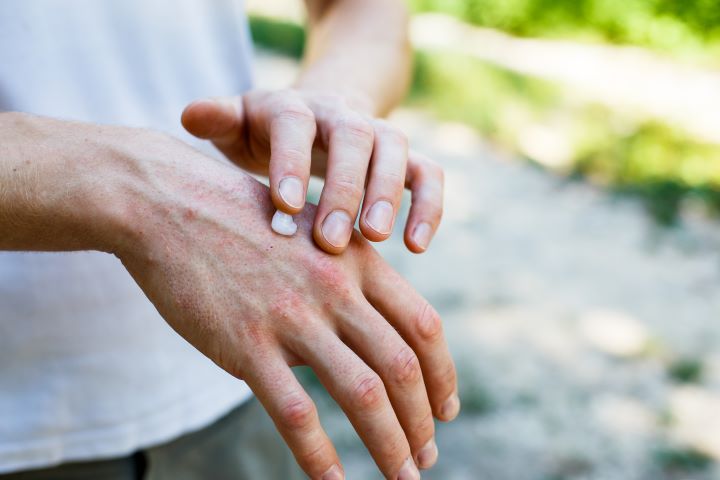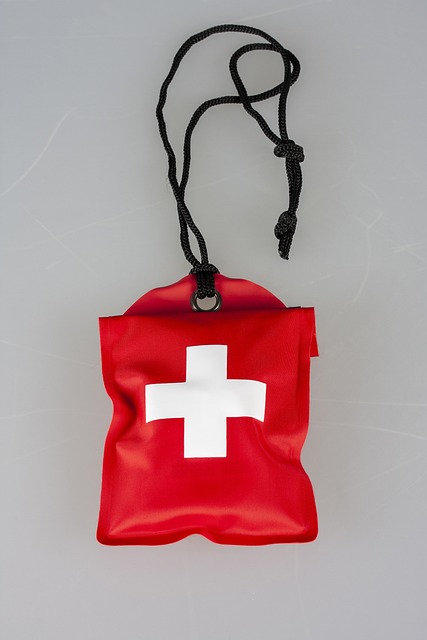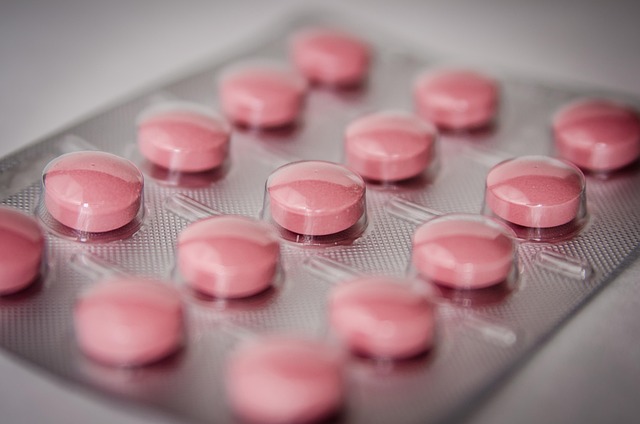Allergy Treatment: Managing Swelling of Face, Skin, Lips, Throat
Allergic reactions can produce a range of symptoms from mild irritation to life-threatening responses. Understanding how and why swelling appears, which parts of the body are commonly affected, and when to seek urgent care helps with timely, effective treatment. This article explains common causes, first-line steps, and medical options for swelling involving the face, skin, lips, and throat, plus ways to reduce risk and identify warning signs.

This article is for informational purposes only and should not be considered medical advice. Please consult a qualified healthcare professional for personalized guidance and treatment.
Why does swelling occur in allergic reactions?
Swelling in allergic reactions is primarily caused by the immune system releasing histamine and other chemicals that increase blood vessel permeability. That process lets fluid leak into surrounding tissues, producing localized swelling (edema). The degree of swelling depends on the allergen, exposure route, and individual sensitivity. Mild responses may resolve with antihistamines and cold compresses, while more intense or rapidly progressing swelling can indicate a severe reaction requiring immediate medical evaluation. Identifying triggers through history or allergy testing helps reduce future episodes.
How can the face show allergy signs?
The face is commonly affected because of rich blood supply and exposed skin. Allergic facial reactions may include redness, itching, localized swelling around eyes or cheeks, and hives. Cosmetic products, foods, insect bites, and airborne allergens can all provoke facial symptoms. Management for non-severe facial swelling typically involves oral antihistamines, topical soothing agents for non-broken skin, and avoiding the likely trigger. Persistent or asymmetric facial swelling, especially if accompanied by visual changes or trouble breathing, should prompt urgent assessment by a healthcare professional or local services.
When does skin reaction need urgent care?
Skin reactions range from mild hives to widespread rashes. Seek urgent care if swelling or rash is accompanied by rapid progression, high fever, blistering, difficulty breathing, dizziness, or signs of systemic involvement. A small localized rash may respond to antihistamines and topical care, but systemic signs suggest more serious allergic or immune-mediated processes. If symptoms are recurring or unexplained, a clinician can recommend diagnostic testing (skin prick or blood tests) and consider prescription treatments such as oral corticosteroids or referral to an allergist for immunotherapy or specialist follow-up.
What to do if lips become swollen from allergy?
Swollen lips can be particularly alarming because the area is sensitive and may indicate systemic reaction. For mild lip swelling without breathing difficulty, take an oral antihistamine and apply a cool compress to reduce inflammation. Avoid spicy or hot foods and identify potential triggers like foods, medications, or dental products. If lip swelling progresses quickly, involves the tongue, or is accompanied by hoarseness or breathing changes, treat it as a medical emergency: administer epinephrine if prescribed (for those with anaphylaxis history) and seek immediate care from emergency or local services. Follow-up with a healthcare provider is important to prevent recurrence.
How to manage throat tightness and breathing risk?
Throat tightness, hoarseness, or a feeling of lump in the throat can indicate laryngeal edema, which may rapidly compromise the airway. These symptoms are red flags. If throat symptoms are mild and stable, antihistamines and close monitoring may suffice, but any difficulty speaking, noisy breathing, stridor, or rapidly worsening tightness requires immediate emergency intervention. For people with known severe allergies, carrying an epinephrine auto-injector and having an action plan is recommended by physicians. Emergency responders and urgent local services can assess and secure the airway, provide epinephrine, and administer IV treatments if necessary.
Conclusion
Allergic swelling of the face, skin, lips, or throat ranges from manageable to potentially life-threatening. Early recognition of symptoms, prompt initial measures (antihistamines, cold compresses), and clear awareness of emergency signs (breathing difficulty, rapidly progressing swelling, systemic symptoms) guide appropriate care. For persistent or recurrent reactions, consult a healthcare professional or an allergist to identify triggers and develop a long-term management plan, which may include avoidance strategies, prescription medications, or immunotherapy.






